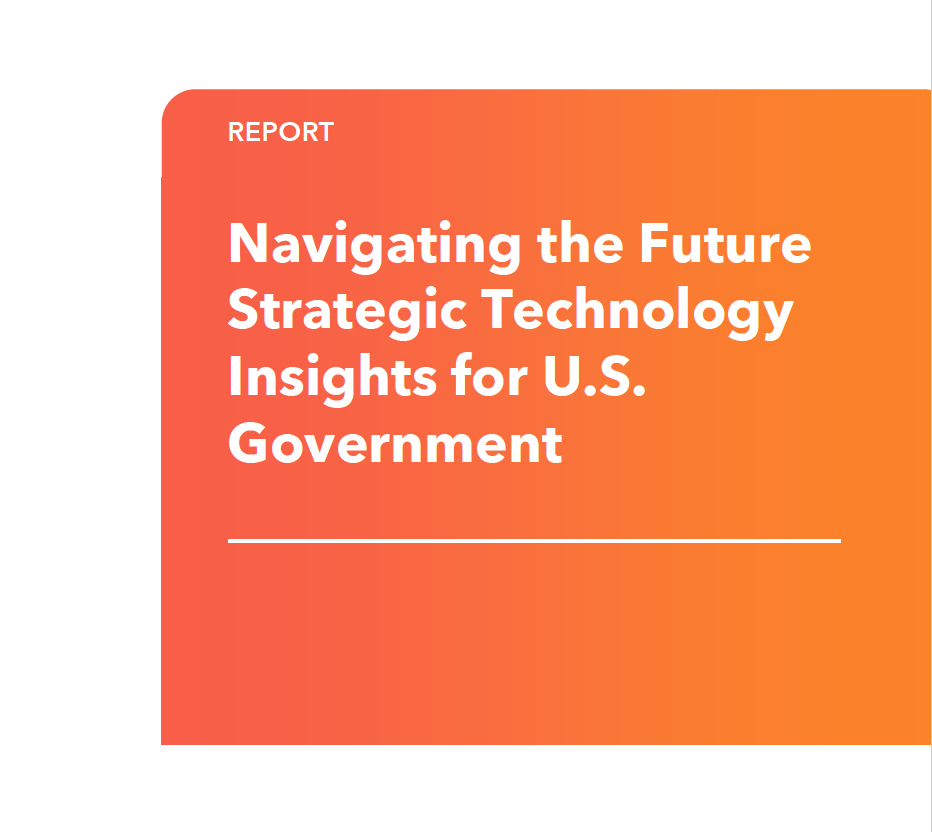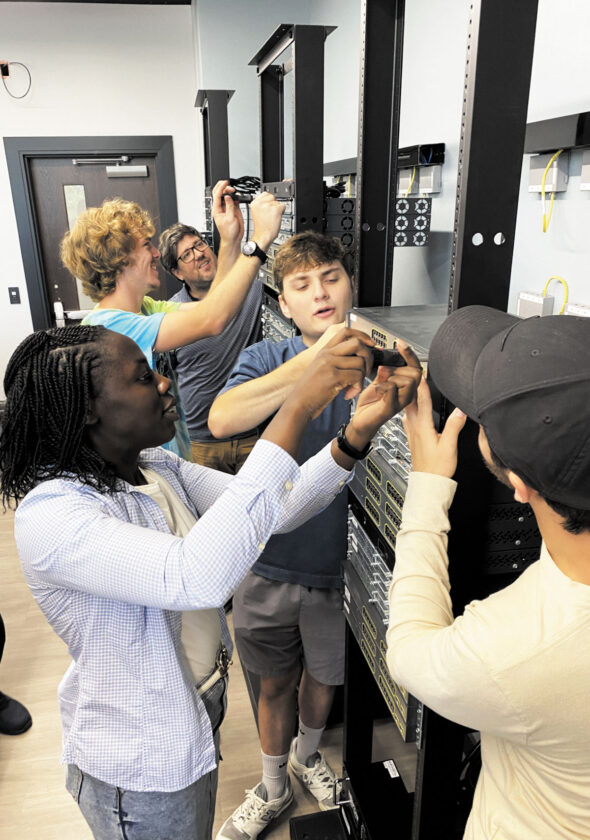Kiwi Eyes on Washington: Tech Trends Shaping the Future of US Government Services

The U.S. government is facing a critical juncture, needing to rapidly adapt to evolving technology and citizen expectations. A recent survey of IT leaders across federal, state, and local government agencies paints a clear picture: modernisation, robust cybersecurity, and the strategic implementation of artificial intelligence (AI) are no longer optional – they’re essential for delivering effective public services. We've taken a look at the key findings and what this means for the future.
The Modernisation Imperative: Out with the Old, In with the New
Many government systems are creaking under the weight of legacy infrastructure. These outdated systems are not only costly to maintain but also hinder agility and innovation. The survey revealed a significant push to move away from these legacy systems and embrace cloud-based solutions, Software-as-a-Service (SaaS) models, and more flexible architectures. This shift is driven by the need to improve efficiency, reduce costs, and enhance resilience.
Cybersecurity: A Constant Battle
The threat landscape is constantly evolving, with cyberattacks becoming more sophisticated and frequent. Government agencies are prime targets for malicious actors, making cybersecurity a top priority. The survey highlighted a growing concern about ransomware attacks, data breaches, and the need for enhanced security protocols. Investment in advanced threat detection, incident response capabilities, and employee training is crucial to protecting sensitive data and maintaining public trust.
AI's Promise: Transforming Public Service
Artificial intelligence (AI) is emerging as a transformative technology with the potential to revolutionise public service delivery. From automating routine tasks to providing personalized citizen experiences, AI can significantly improve efficiency and effectiveness. The survey indicated a growing interest in using AI for applications such as fraud detection, predictive analytics, and chatbots to improve citizen engagement. However, ethical considerations and responsible AI practices are paramount, ensuring fairness, transparency, and accountability.
Challenges and Opportunities
While the opportunities are immense, the journey to modernisation and AI adoption isn’t without its challenges. Skills gaps, budget constraints, and bureaucratic hurdles can impede progress. However, by fostering collaboration between government agencies, the private sector, and academia, and by investing in workforce development, the U.S. government can overcome these obstacles and unlock the full potential of technology to serve its citizens.
Looking Ahead: A Future-Ready Government
The findings of this survey underscore the urgency for the U.S. government to embrace technology and adapt to the changing needs of its citizens. By prioritising modernisation, strengthening cybersecurity, and strategically leveraging AI, the government can build a future-ready infrastructure that delivers efficient, effective, and secure public services. This isn't just about adopting new technologies; it's about fostering a culture of innovation and continuous improvement within government agencies.






